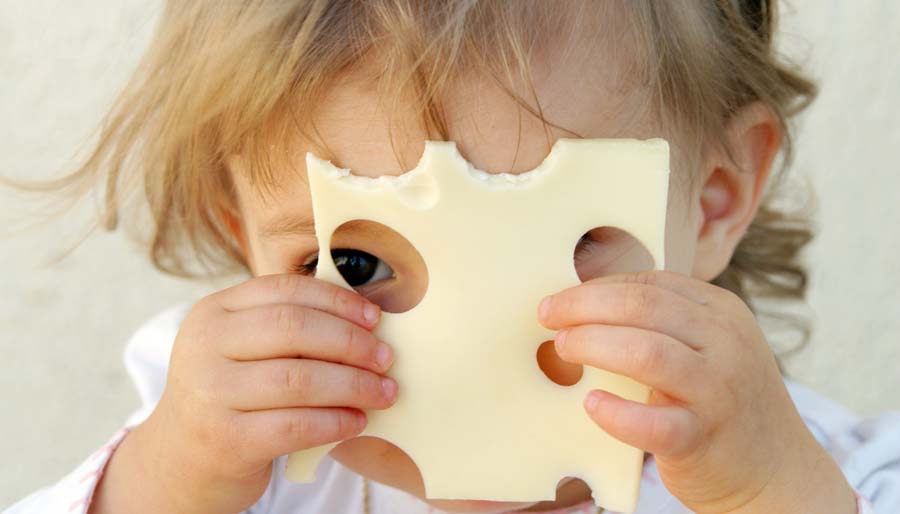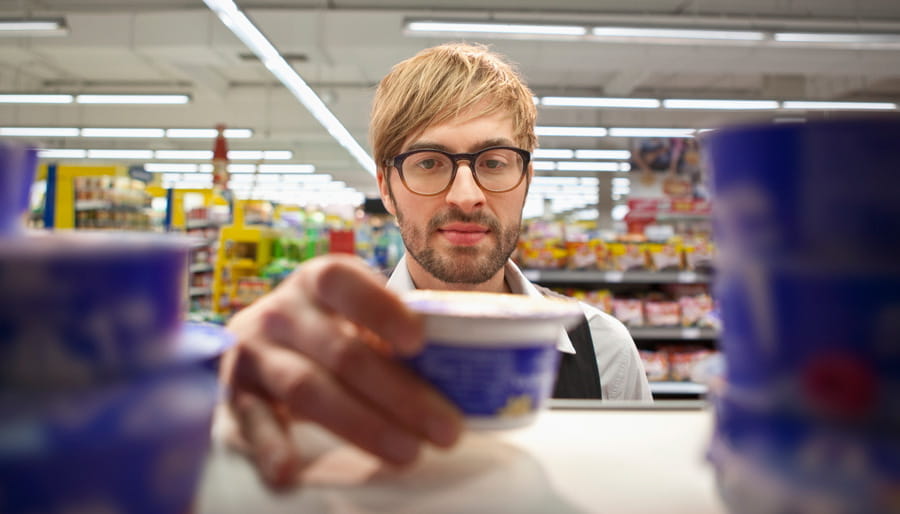Something is rotten in the state of Denmark
Along the coastline of eastern Denmark, visitors can normally enjoy the natural scenery and take in a fresh sea breeze – except in the summertime when the fresh sea breeze is mixed with the smell of rotting seaweed. Further inland, at a farm in central Sealand, another breathtaking natural area has its own issues. Here the smell stems from manure spread over the farm fields causing additional issues such as water nitrogen contamination.
Turning pollution and waste into clean energy
On a mission to find a sustainable solution to the local pollution and odor issues, an innovative collaboration was initiated in 2013 aimed at converting the local problems related to seaweed and manure into CO2-neutral energy for the local residents.
As it turned out neither seaweed nor manure could, however, deliver the desired outputs, and more fractions of organic waste were needed. Chr. Hansen was already supplying biological residues from its Danish production as natural fertilizers for local farmers, and it was soon realized that these waste streams could add significant value to the project.
Senior Director, Michael Juhler, who is responsible for Chr. Hansen’s biggest production site in Copenhagen, explains: “With this collaboration we are not only part of delivering cleaner sources of energy and supporting local farmers; we also have a more cost-efficient alternative for handling our biological waste-streams.”
A source of inspiration
With funding from the EU Commission and with agreements in place to collect local seaweed, manure and biological waste, the new plant produced its first cubic meters of green gas in the summer of 2015, just two years after its initial inception.
Replacing fossil energy sources such as coal, the gas production is expected to result in an annual CO2 saving of 40,100 tons, which is the equivalent to the electricity consumption of 3,800 households and heat for 1,700 households. In addition, the plant will convert the manure from the local farms into biological fertilizers, leading to further reductions in CO2 emissions and nutrient pollution. Tyge Kjær, Associate Professor at Roskilde University Center, who has served as external advisor in the project, explains:
The EU Commission continues to follow the project closely, and a publication was recently issued to inspire similar partnerships for sustainable energy throughout Europe.
What is actually left from Chr. Hansen’s fermentations?
The main organic left-over from Chr. Hansen’s fermentation of natural ingredients for the global food and health sector is called eluate. The main components of the substance are high contents of water, nutrients and yeast which are all valuable substances in biogas production. In Denmark, Chr. Hansen has recycled its eluate for agricultural purposes for years, while in France the full quantity of fermentation waste is now recycled as biological fertilizer for local agriculture.


